Eating healthier doesn’t have to be expensive, time-consuming, or complicated. With the right plan, you can kickstart better eating habits in just 10 days—without breaking the bank or spending hours in the kitchen. This quick-start guide includes daily tips, weekly targets, budget-saving strategies, time-saving hacks, and essential safety reminders to keep you on track.
Short-term challenges help build momentum. A 10-day plan is long enough to form new habits but short enough to feel achievable. By focusing on small, consistent changes, you’ll set the foundation for lasting healthy eating patterns.
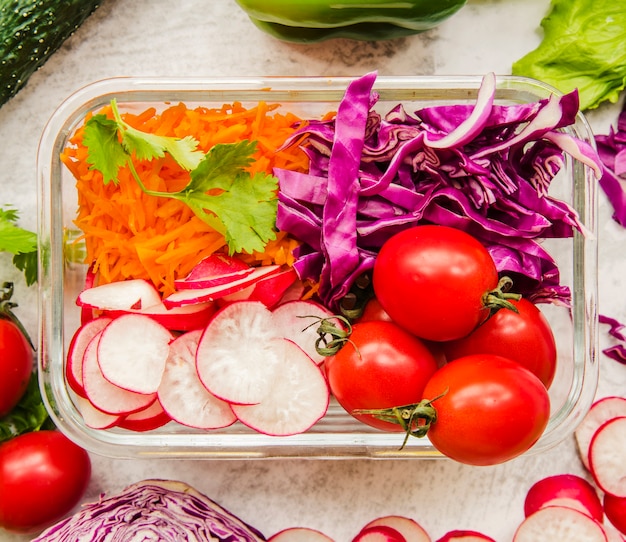
Create a simple meal plan for the next 5–7 days. Include breakfast, lunch, dinner, and two snacks. Use affordable staples like oats, eggs, beans, rice, and frozen vegetables.
Shop with a list and stick to it. Buy in-season produce and choose store-brand or bulk items. Frozen and canned vegetables (low sodium) are nutritious and budget-friendly.
Dedicate 1–2 hours to prep ingredients: wash and chop veggies, cook grains, and portion snacks. This saves time during busy weekdays.
Make large portions of soups, stews, or grain bowls. Store leftovers for 2–3 meals. This reduces cooking time and prevents takeout temptation.
Include a lean protein source in every meal—beans, lentils, eggs, tofu, or canned tuna. These keep you full and support muscle health.
Replace soda, juice, or energy drinks with water. Add lemon, cucumber, or mint for flavor. Aim for 6–8 glasses daily.
Avoid packaged snacks high in sugar, salt, and unhealthy fats. Choose whole foods like fruit, nuts, or yogurt instead.
Slow down during meals. Chew thoroughly, avoid screens, and listen to hunger cues. This helps prevent overeating.
Keep meals exciting by trying one new dish—like a bean chili or veggie stir-fry. Use budget-friendly ingredients and simple steps.
Review your progress. What worked? What was challenging? Use this insight to plan the next week.

Eating healthier on a budget and tight schedule is absolutely possible. The 10-day plan gives you a clear roadmap to build better habits without overwhelm. Focus on progress, not perfection. Small changes add up to big results over time.
By planning meals, shopping smart, cooking in batches, and staying safe, you’ll feel more energized, save money, and take real steps toward long-term wellness.

Health

Health

Health

Health
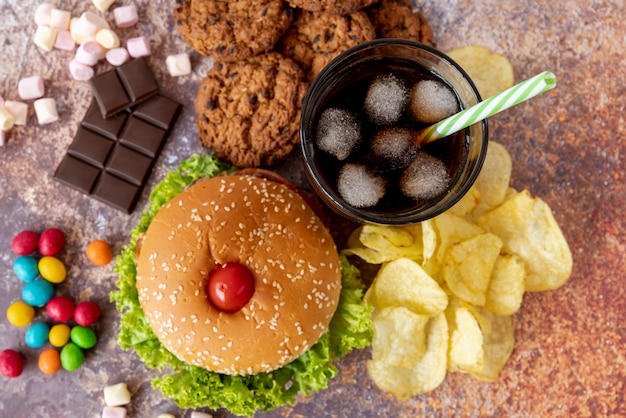
Health
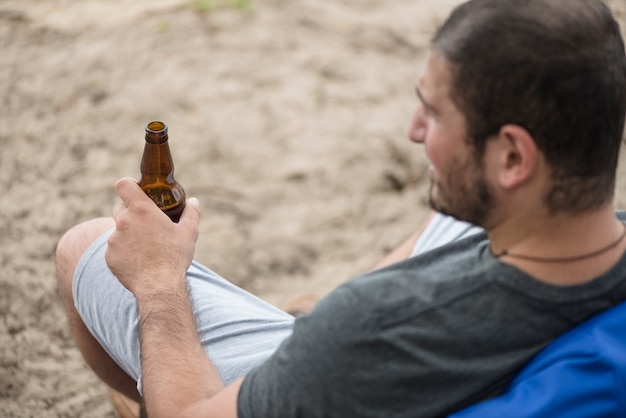
Health

Health
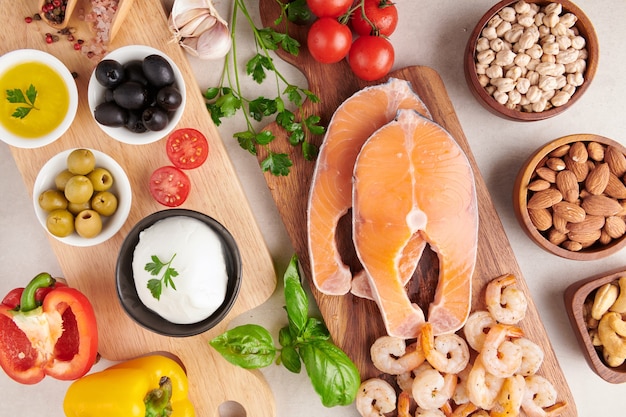
Health
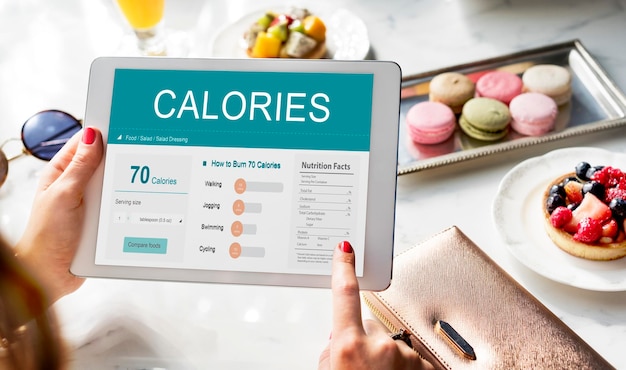
Wellness
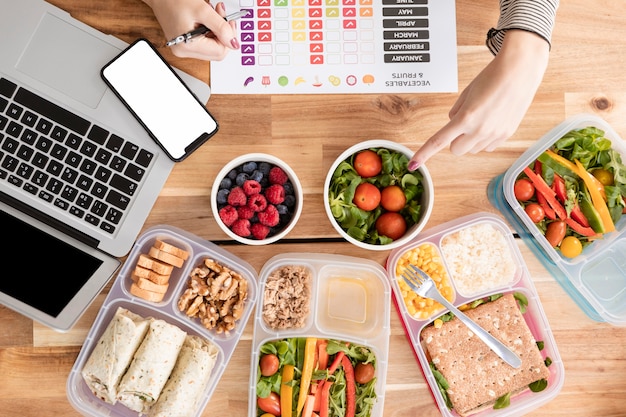
Wellness
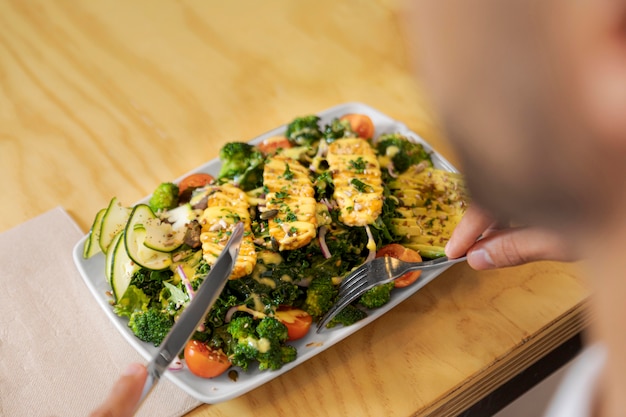
Wellness
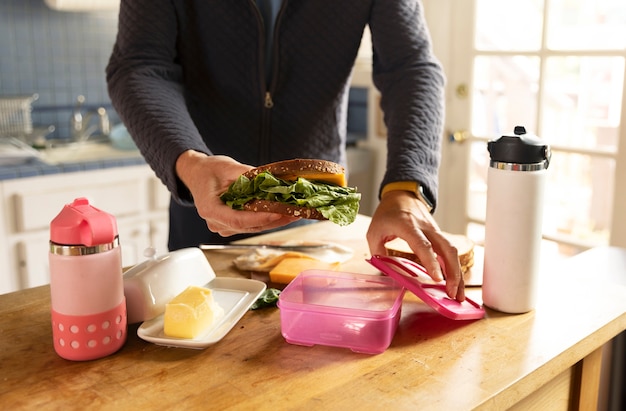
Wellness

Health

Fitness

Health

Health